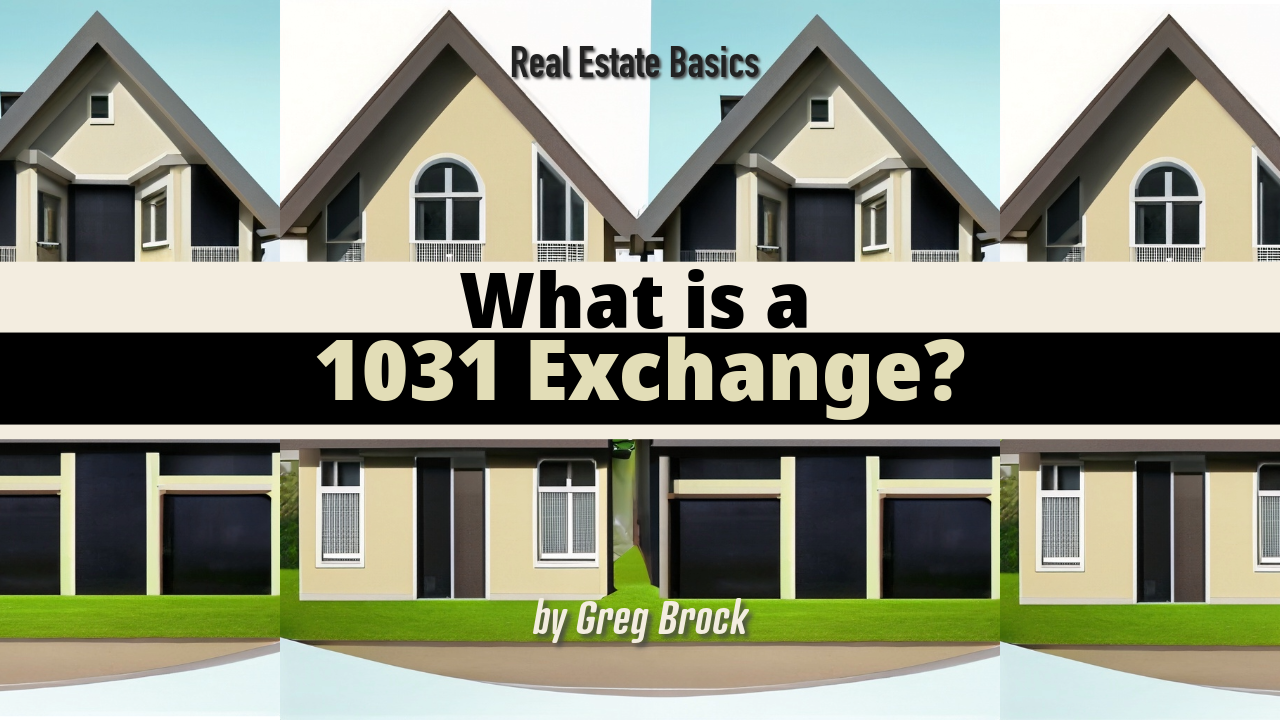What is a “1031 exchange” of real estate?
A 1031 exchange is a provision in the Internal Revenue Code (Section 1031) that allows individuals to swap one piece of real estate for another without immediately paying capital gains tax. This means that if you sell a property that has gone up in value (appreciated), you can use the proceeds to buy another property of similar kind and defer the taxes on the gain. The taxes on the increase in value of the property you sold (“downleg”) will be postponed until you sell the property you acquired (“upleg”).
What happens if the property you buy costs less than the property you sold?
If the property you acquire (upleg) costs less than the property you sold (downleg), the difference in values will be subject to immediate taxation. This is known as “boot.”
What types of properties qualify for a 1031 exchange?
You can use Section 1031 for trading real estate for any other type of real estate, as long as both the property you sell (downleg) and the property you acquire (upleg) are used for business, trade, investment, or income production. This provision doesn’t apply to properties meant for personal use or properties that are intended for immediate sale.
Do the property purchases and sales have to happen simultaneously?
No, the purchase and sale of properties in a 1031 exchange don’t have to occur at the same time. You can buy the new property (upleg) after selling the old one (downleg), as long as you follow these rules:
- Identify the new property within 45 days of selling the old one.
- Complete the purchase of the new property within 180 days after selling the old one or by the due date of your tax return for the year in which you sold the old property.
You can also achieve tax deferral through a “reverse exchange,” where you purchase the new property before selling the old one.
How should you set up a Section 1031 exchange?
There are various ways to structure a 1031 exchange, and the best approach depends on your specific situation. To facilitate the exchange, you should involve a knowledgeable person or entity called an “exchange accommodator” or “qualified intermediary.” This individual or entity should be unrelated to you and have expertise in handling 1031 exchanges.
#1031Exchange #RealEstateTax #CapitalGainsTax #TaxDeferredExchange #PropertyInvestment #LikeKindExchange


 Facebook
Facebook
 X
X
 Pinterest
Pinterest
 Copy Link
Copy Link
